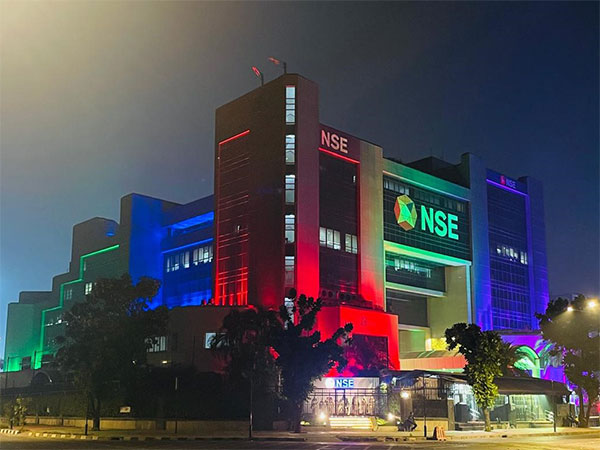Samvat 2081 Ushers in Vibrant Trading Amid Diwali Festivities
Indian stock markets marked an auspicious beginning to the Hindu calendar year Samvat 2081 with gains in Sensex and Nifty during the festive Muhurat trading. Despite earlier losses, indices opened higher, briefly trading for an hour on Diwali evening, an event imbued with traditional significance and investor optimism.

- Country:
- India
Indian stock markets started the Hindu calendar year of Samvat 2081 on a positive note, with Sensex rising by 0.4 percent to 79,688 points and Nifty climbing 0.4 percent to close at 24,300 points. The gains came during the auspicious Muhurat trading hour, which followed two consecutive days of market losses.
During the Muhurat session, all sectoral indices saw upward momentum with the sole exception of Nifty IT, which closed marginally lower by 0.02 percent. This single-hour trading event, held on Diwali evening, is traditionally viewed as a time when investments can bring good returns.
The Bombay Stock Exchange (BSE) and National Stock Exchange (NSE) were open for this sacrosanct trading window from 6:00 pm to 7:00 pm, preceded by a pre-market session at 5:45 pm. The session featured transactions across various market segments including equity, commodity derivatives, and currency derivatives, making it a comprehensive trading hour.
The practice of Muhurat trading is deeply rooted in tradition, believed to bring prosperity. Many opt to purchase valuable commodities like gold, silver, real estate, and electronics during this time. Historically, trading volumes surge as numerous orders are made, reflective of a vibrant investor interest.
Vikram Kasat, the Head of Advisory at PL Capital, Prabhudas Lilladher, noted, "Our data analysis over the past 10 years shows that markets have closed in the red only 3 times during the Muhurat trading session, suggesting likely festive cheer in upcoming trading periods."
(With inputs from agencies.)
ALSO READ
IEPFA, NCAER, and BSE Host Workshop on Digitalisation of Financial Education to Advance Investor Protection and Capital Market Growth
Parmeshwar Metal Limited's IPO Gets BSE Nod, Aims for Expansion
Transforming Spaces: TTK Good Home's Diwali Campaign of Cleanliness and Joy
Nisus Finance's Ambitious IPO Journey: BSE Greenlights Draft Prospectus
UAE Lights Up for Diwali: A Celebration of Cultural Unity and Diplomatic Ties










